Books of the month: From Nikita Lalwani’s You People to Susanna Moore’s Miss Aluminium
Martin Chilton reviews five of June’s releases for our monthly book column

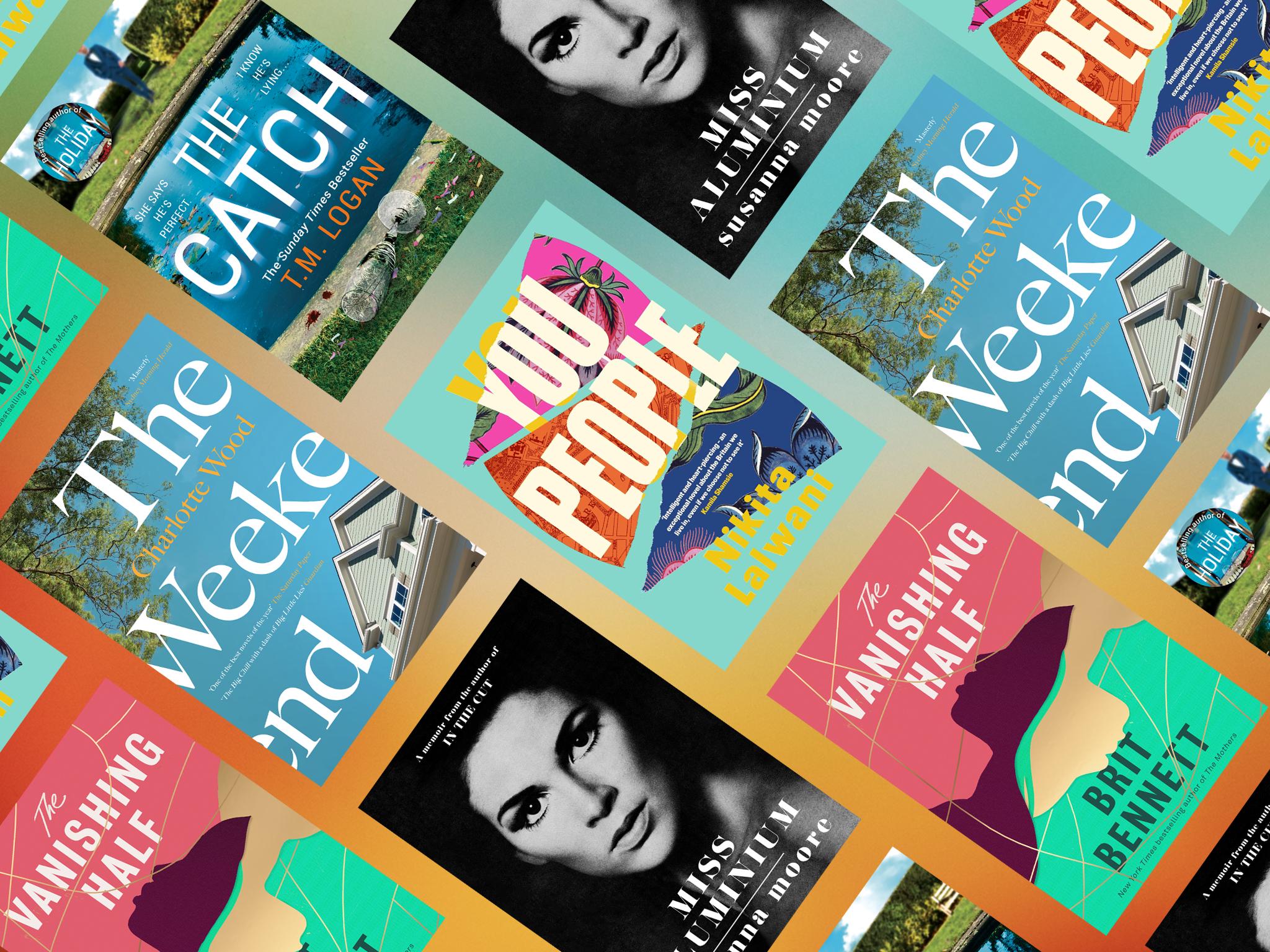
According to the glossary of Middle English at the end of Matthew Kneale’s Pilgrims (Atlantic Books), a “quarantine” is a “period of forty days” – so they clearly had shorter lockdowns in the 13th century. Kneale’s suspenseful historical novel is about a ragtag band of travellers who set off from England to Rome in 1289, finding plenty of adventure and sex along the way. The most startling entry in the glossary, however, is the revelation that those in the bad habit of seducing women from religious orders were known as “nun treaders”.
Female suffering – and bravery – are themes running through some of the best novels and non-fiction books in June, another month in which publishers, booksellers and authors have battled the knock-on effects of the coronavirus pandemic.
Judy Batalion has written a fascinating history about a little-known group who took on the Nazis. In The Light of Days: Women Fighters of the Jewish Resistance (Virago), Batalion tells the untold story of the “ghetto girls” who carried out espionage missions, bombed German train lines and assassinated Gestapo chiefs. The individual tales of these courageous young women are remarkable.
The Seduction by Joanna Briscoe (Bloomsbury) is a gripping thriller about a woman who becomes entangled in an obsessive, toxic relationship with her female therapist. There are also tense thrillers from Gilly Macmillan (To Tell You the Truth, Century) and Louise Candlish (The Other Passenger, Simon & Schuster). Popular women writers with new fiction out this month include Karen Hamilton (The Last Wife, Wildfire), Joanna Nadin (The Talk of Pram Town, Mantle) and Jenny Oliver (The Summer We Ran Away, Harper Collins).
Among the best debut novels this month are This Happy, a story about relationships by Niamh Campbell (W&N), and Nick Bradley’s intriguing The Cat and the City (Atlantic Books), which explores the dark underbelly of Japan.
Another strong new release is David Trueba’s Rolling Fields (W&N), which is translated from the Spanish by Rahul Berry. This incisive novel is a bittersweet account of 40-year-old Dani Mosca’s road trip back to his childhood village after the death of his father.
Perhaps the most offbeat offering is Emmy-winning TV writer David Quantick’s darkly funny horror story Night Train (Titan Books), in which a woman wakes up in a carriage full of corpses – including two teenage girls with “mobiles placed carefully in their laps like precious dolls”. The horrifying creatures riding the rails have eerie stories to tell.
A memoir from writer Susanne Moore and new fiction from Nikita Lalwani, TM Logan, Brit Bennett and Charlotte Wood are reviewed in full below.
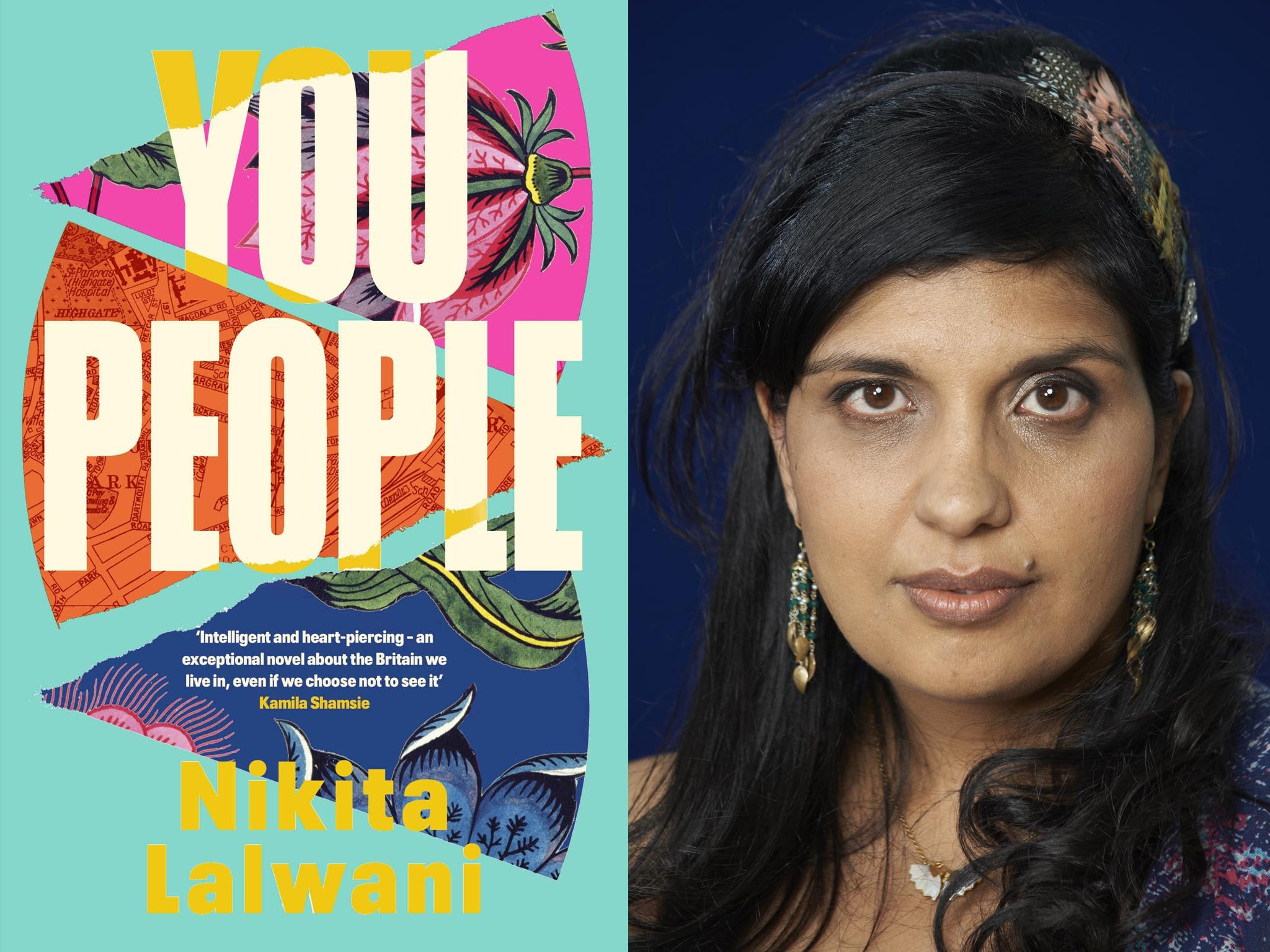
You People by Nikita Lalwani ★★★★☆
Nikita Lalwani, who was longlisted for the Booker Prize for Gifted, sets her absorbing novel You People in The Pizzeria Vesuvio in London, where half the kitchen staff are illegal immigrants. The story is told in alternating chapters by Nia, a teenager who is escaping a troubled life in Wales, and Sivaram Shan, who has fled civil war in Sri Lanka to seek asylum in Britain.
The London of You People is a mixture of scuffling neighbourhoods and those being gentrified, and it contains a hidden world of migrants, some of whom have overcome perilous journeys to so-called freedom. For Nia and Shan, the world outside the restaurant is a hostile one.
Lalwani’s novel is a far cry from escapist summer romance: it is a gritty story that shines a light on the life of immigrants such as Shan and his missing family. Lalwani, who was born in Rajasthan and raised in Cardiff, presents a daunting picture of life as a persecuted Tamil in Sri Lanka, a country where women are sometimes gang-raped by government CID officers. In the novel, Shan has been tortured with implements as diverse as wires, plastic pipes, petrol and burning chillies.
Nia, who has a heart that is “all laced up”, has a troubled home life. She knows nothing about her Bengali father, while her alcoholic mother resorts to “doing the skips” – a euphemism for rifling through supermarket bins for food. Nia is then thrown out of university – a place “teeming with sleek, gruesomely confident people” – prompting her to head to the capital. She finds a safe harbour at Vesuvio, where her life intersects with Shan.
As Streetcar’s Blanche DuBois knew only too well, we all sometimes have to depend on the kindness of strangers. In You People, the altruism comes from Tuli, the engaging, valiant proprietor of Vesuvio. Lalwani’s novel tackles racism and xenophobia, but You People is essentially a compassionate human drama, full of perceptive insights.
‘You People’ by Nikita Lalwani is published by Viking on 4 June, £12.99
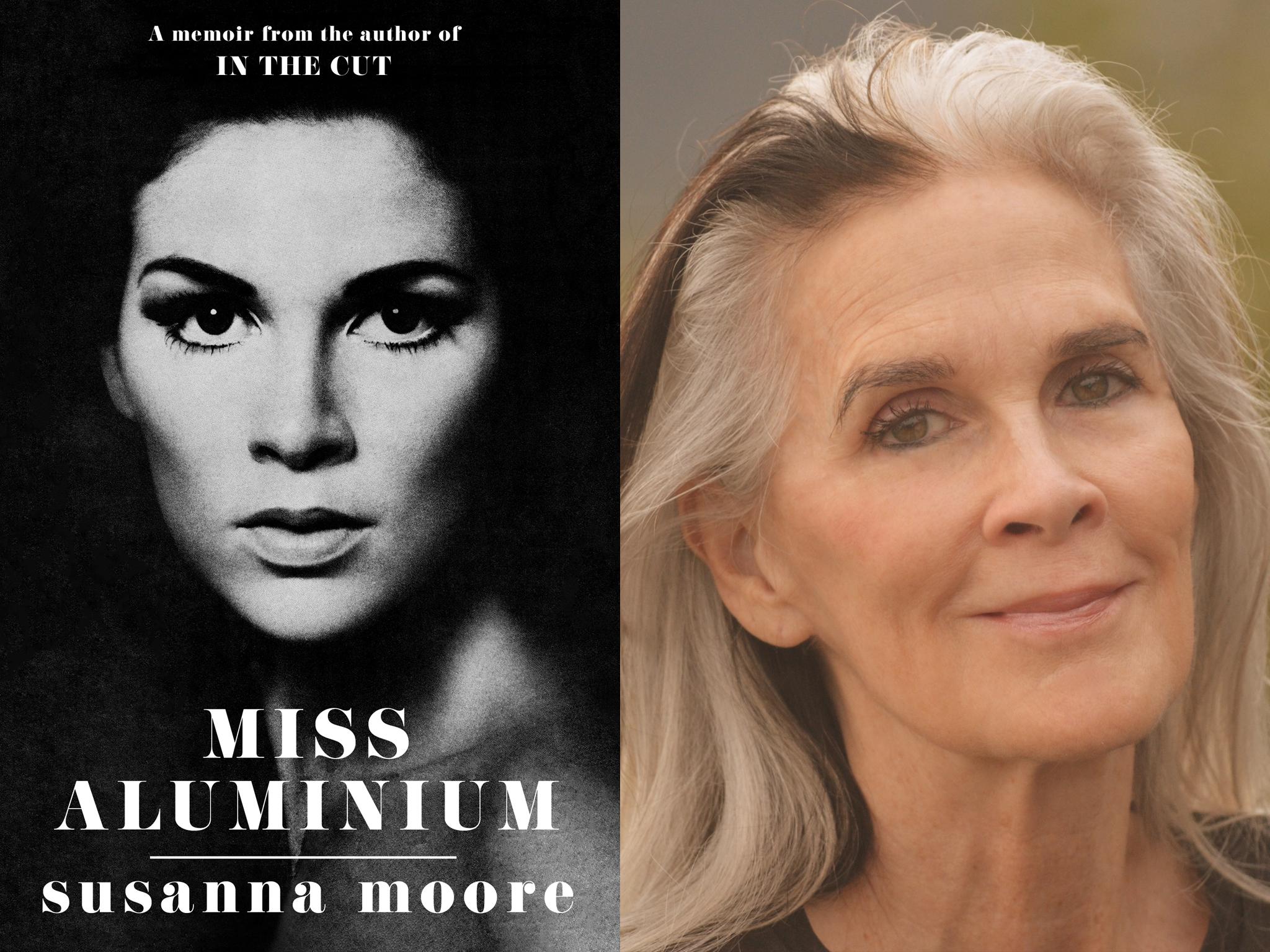
Miss Aluminium by Susanna Moore ★★★★☆
The award-winning novelist Susanna Moore, who will be 75 in December, has harrowing stories to tell of her brushes with the famous when she was part of the celebrity scene of the 1960s and 1970s.
Moore was just 12 when her 35-year-old mother died in her sleep. Her father remarried and her stepmother “did not hesitate to let us know that she despised me”, recalls Moore. She fled Hawaii in 1963, when she was 17, arriving in Philadelphia without even a suitcase.
Moore, author of the acclaimed novels My Old Sweetheart, In the Cut and The Whiteness of Bones, captures the difficulties of growing up in a conservative era. She was told as a child that “sexual intercourse was an unavoidable marital obligation, undertaken like other necessary domestic chores”. She remembers being humiliated by a doctor when she first asked for birth control pills, simply because he didn’t want to prescribe them to an unmarried woman.
Her beauty brought her money and rewards – she was quickly picked to model on Johnny Carson’s Tonight Show – but was catapulted into the realm of vile, exploitative men, in an era before #MeToo exposure existed. Moore was raped by a fashion designer and beaten by her husband.
As well as documenting Moore’s heartbreaks, Miss Aluminium is also full of humorous tales about the famous. The section in the memoir about her time as Joan Didion’s house-sitter is amusing, with the famous author coming across as particularly grumpy. Moore, and Didion’s Mexican housekeeper, even had to take particular care not to place Didion’s bottles of Coca-Cola on the “wrong” shelf of the fridge.
Moore, who was in a movie with Dean Martin, recounts her affair with Jack Nicholson and writes about her memories of Janis Joplin, Roman Polanski, Audrey Hepburn, Elizabeth Taylor, Mike Nichols and Christopher Isherwood. She read scripts for Warren Beatty and her account of his sexism is told with biting humour. Overall, Miss Aluminium is a poignant remembrance of a life lived in the shadow of family tragedy, as well as being a wry peak into celebrity narcissism.
‘Miss Aluminium’ by Susanna Moore is published by Weidenfeld & Nicolson on 11 June, £9.99
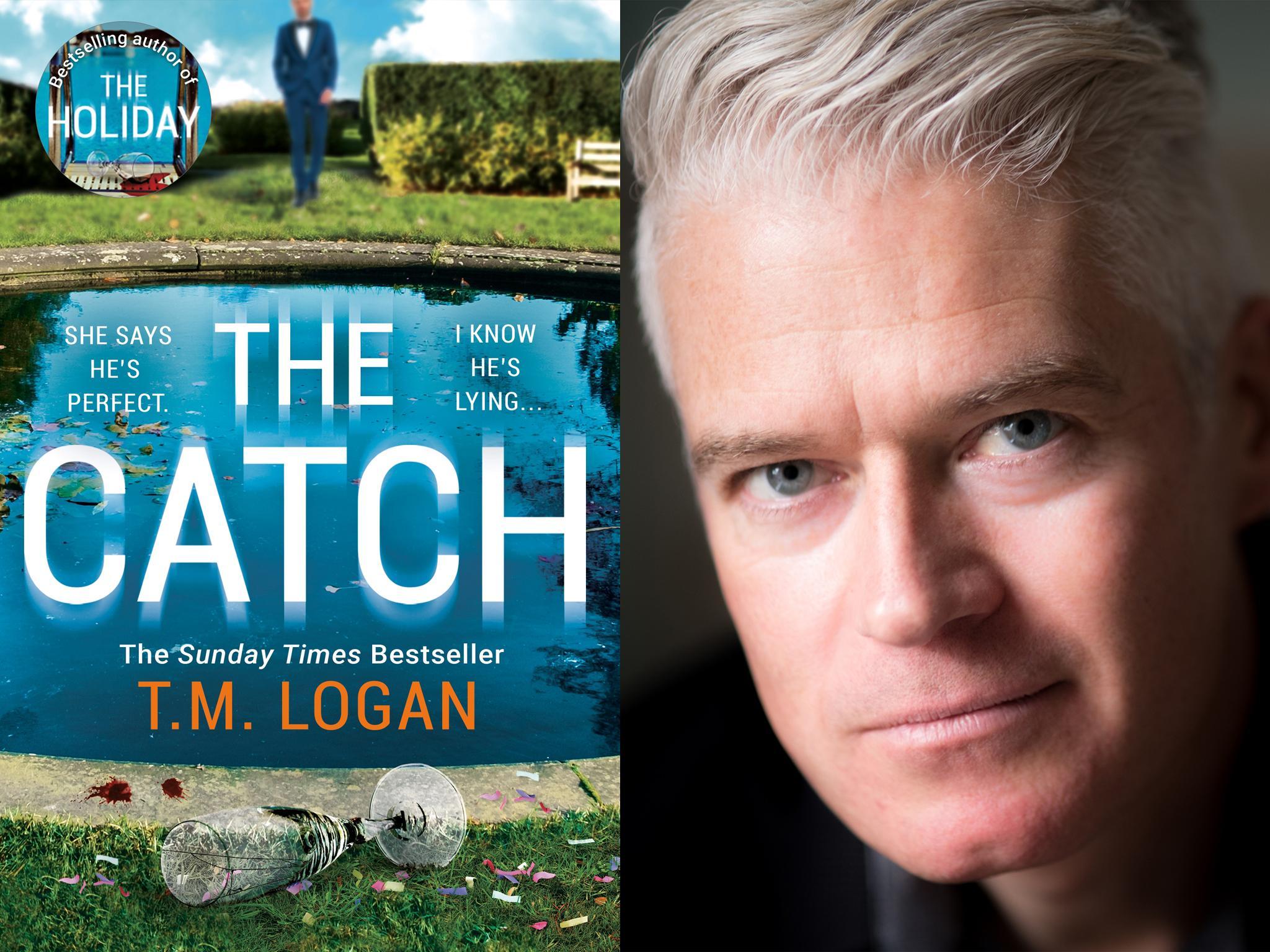
The Catch by T M Logan ★★★☆☆
There is a consistent appetite among British book buyers for slick, pot-boiler thrillers, and T M Logan helped fill some of this craving with last year’s bestseller The Holiday. His latest novel, The Catch, is also action-packed and full of tension.
Ryan, a former soldier, is about to marry Abbey, but Ed is suspicious of his daughter’s fiancé. A father’s qualms about a prospective son-in-law is the backbone of many a sitcom plotline and Logan, a former journalist, takes this story into dark territory in The Catch. Ryan may have “model-good looks”, but his eyes seem to give away his real sinister self to Abbey’s father. Ryan’s peepers are variously described as “blank”, “reptilian”, “dark” and “unblinking”. In addition, Ryan’s patter is too slick, and many of the things he claims just don’t ring true to Ed.
The clock is ticking, though. Ed has just 38 days to find out the truth about Ryan before the wedding – and he is prepared to go to all sorts of stalky methods to get to it, even at the risk of alienating his family and his work colleagues. Logan keeps the twists going up to the dramatic ending.
‘The Catch’ by T M Logan is published by Zaffre on 11 June, £8.99
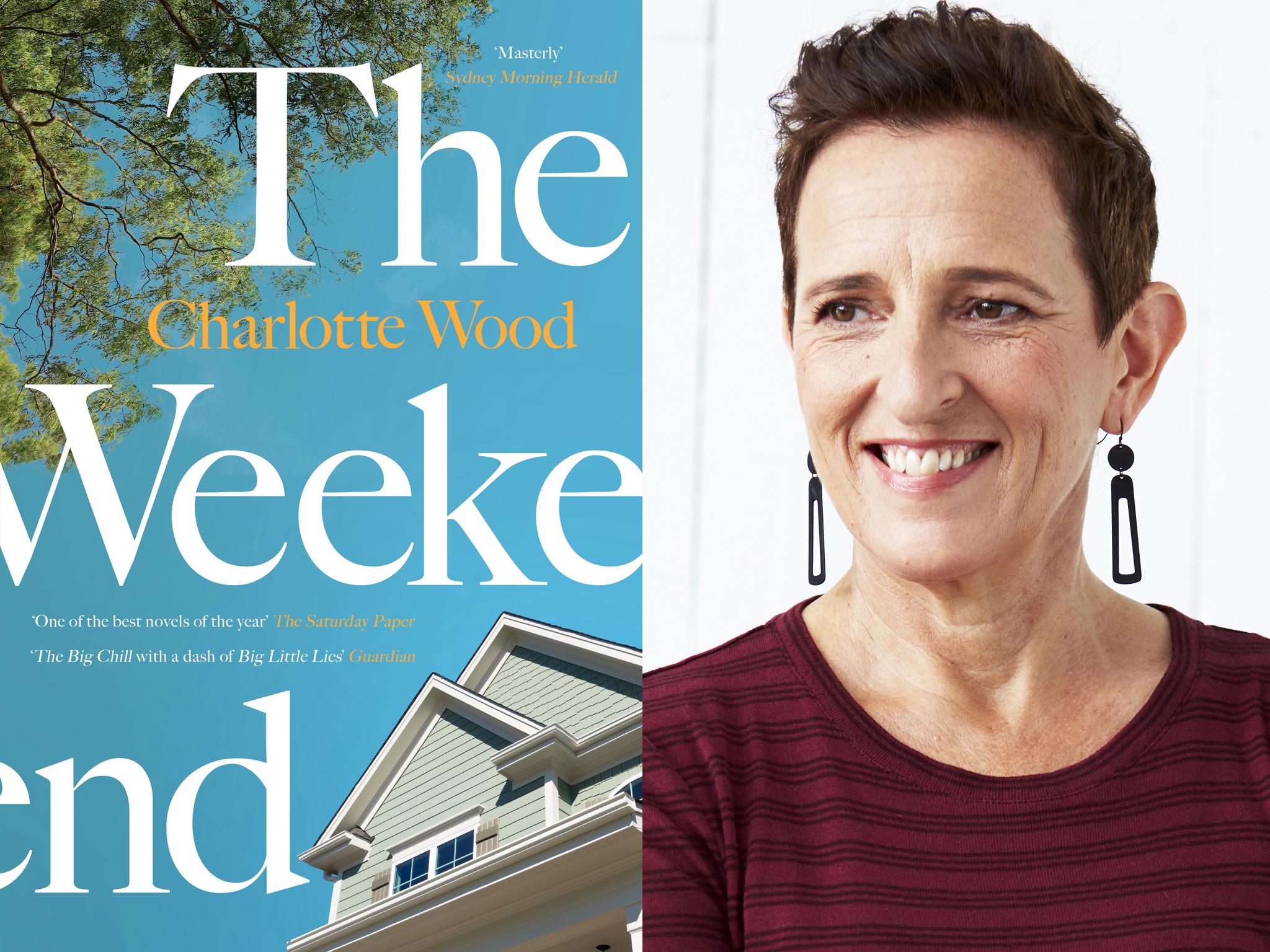
The Weekend by Charlotte Wood ★★★★★
The Weekend captivated me from the excellent opening chapter, which sets the scene for a story about three women in their seventies who reunite for a weekend in New South Wales to clear out the decaying beach house of their recently dead friend Sylvie.
The three main characters – Jude, Adele and Wendy – are superbly drawn. The controlling Jude is called “a reverse Midas”, because she can instantly turn anything a friend cherishes to s***. “There was something of the undertaker about Jude; she radiated a kind of grim satisfaction when things went wrong for other people,” Wood writes. Jude is joined at Sylvie’s home by Adele, an actor with a glittering career now in steep decline. Adele is starting to evaluate her whole life as “a river of hurt”.
The final member of the trio is Wendy, a talented academic with a shambolic personal life. Wendy, who is generous and kind (as well as being obviously maddening), is the likeable beating heart of the book. The fourth great character in The Weekend is Finn, Wendy’s “crazed, doddering” dog, who steals some of the scenes with his painful decrepitude. Jude is disgusted by the dying Finn. “It was detestable that Wendy should drag the poor creature everywhere with her like some kind of rotting security blanket,” she says.
The language in the novel is stark. Wendy drags her arthritic body around like a “waterlogged eiderdown”, and all three protagonists have “splintery, desiccating bones”. They are acutely aware of the “insolent inadequacies” of their old bodies. Wood evocatively captures the pasts of these resilient women, and her novel shines with rich symbolism, deft shifts in viewpoint and acutely observed details.
Wood also captures some of modern society’s tensions around the elderly (“everybody hated old people now”) and she allows her trio to gentle mock the “ageist crimes” they have suffered. Wendy thinks that speaking to her corporately-smooth daughter Claire, a fan of “teeny books about magical tidying up”, was “like ringing a complaints hotline”.
Resentments among these long-standing friends rise to the surface during their Christmas trip. The women burn with silent rage and think cruel thoughts about one another. “Why must Wendy dress like a witless old hippie?” Adele mutters. When an ugly, dreadful truth come to light, it seems as though “the worn rubber band” of their friendships might simply disintegrate.
As well as being a shrewd dissection of grief, regret and the realities of bodily decay, The Weekend triumphantly brings to life the honest, inner lives of Jude, Adele and Wendy, expertly guiding the reader into the “realm of expression where the important understandings, the real living” take place. We are privy to their deepest thoughts and confessions. The women show us that change and growth are possible at any age, and The Weekend offers a compassionate message about accepting our different natures.
In one aside, Jude discusses with her lover why so few men read fiction, suggesting it is because they are afraid they will be “led to understanding themselves and it scared the s*** out of them”. This wise, funny novel will help you understand yourself – and it may scare the s*** out of anyone brave enough to confront the truths within its masterful pages.
‘The Weekend’ by Charlotte Wood is published by Weidenfeld & Nicolson on 25 June, £14.99
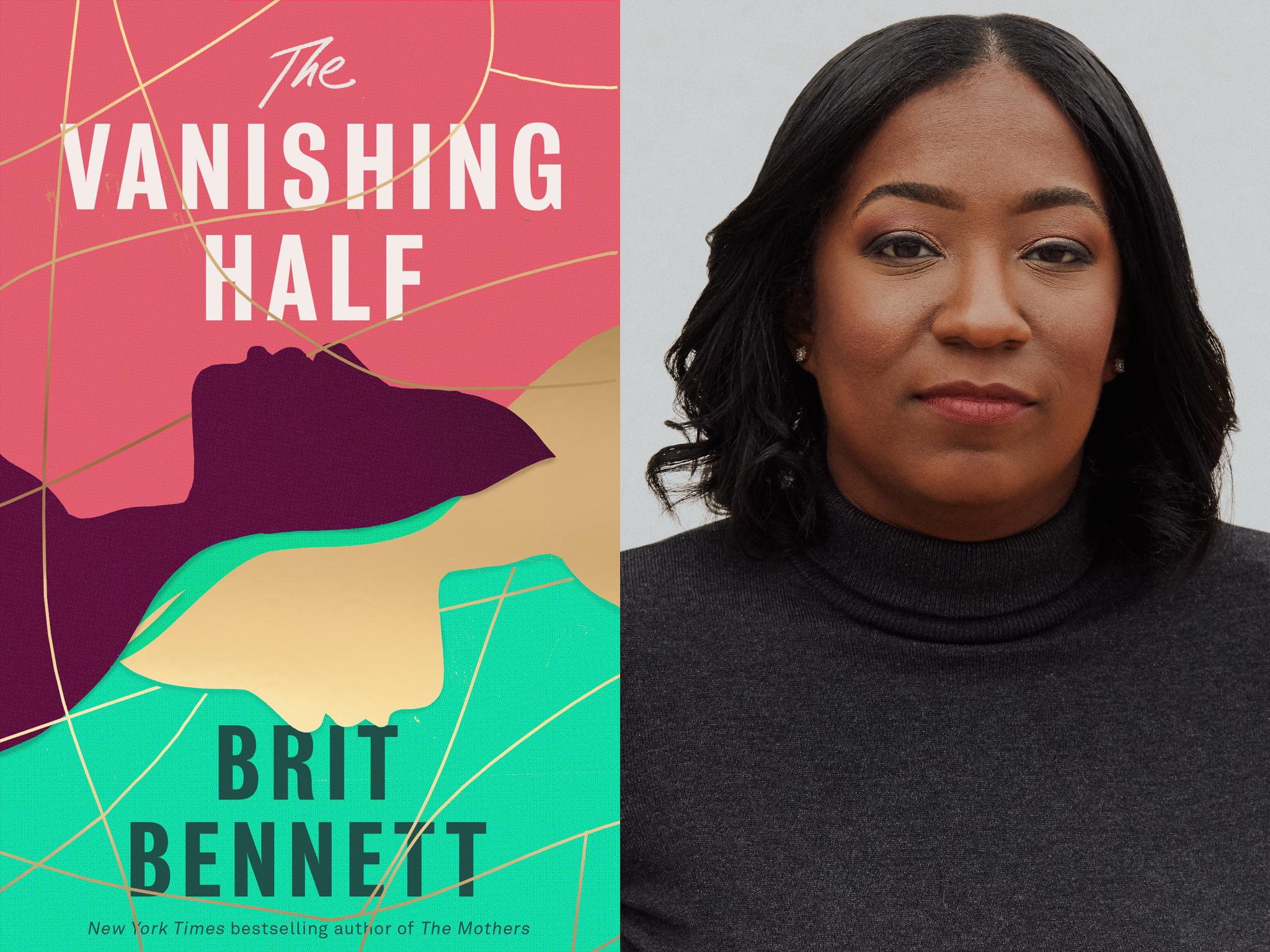
The Vanishing Half by Brit Bennett ★★★★★
The Vignes sisters, who disappear from a small, strange Louisiana farm town on a hot summer’s day in 1954, are identical twins. The teenagers flee to New Orleans to escape Mallard, a community which is set apart by the oddity that every black citizen who lives there has particularly light skin.
After a short time in New Orleans, the inseparable Desiree and Stella Vignes become estranged when Stella disappears after suddenly deciding to pass as white. Although she wins acceptance from the white community, during the Jim Crow years, her deception ultimately leads her to forsake her family and lie to everyone who is subsequently part of her life.
The Vanishing Half spans four decades, and is told from the perspectives of Desiree, Stella, and their respective daughters Jude and Kennedy. Desiree re-appears suddenly in Mallard in 1968, along with Jude, who is as “black as the beginning and the end of the world”. Jude is made to feel like an outcast because of the colour of her skin.
This is a story that stings, because the loneliness and pain for victims of racism is made eloquently palpable. Brit Bennett also cleverly dissects rural gossip and the inanity of wealthy suburban life, its small talk, prejudice and devotion to the damaging importance of appearances. The wealthy Los Angeles businessmen in the story “viewed intelligence as a means to an end, and the end was always making more money”.
As well as the four main characters, Bennett has conjured a cast of fascinating extras, including Stella and Desiree’s mother Adele, a bounty hunter called Early Jones (with “hard years in his eyes”) and a trans photographer called Reese. All of them have something to say how about how lonely it can be living “in a world not meant for you”.
Bennett’s mesmerising gem is a masterclass of moving storytelling. The Vanishing Half is also a thought-provoking assessment of race and social politics in post-war America. There are so many interesting strands, including the psychological damage to children who were witness to a lynching, the absurdities of segregation, the corrupting consequences of racism, the sexual politics around skin colour and the dismal domestic power that spiteful, violent men can exert.
The powerful plot twists in The Vanishing Half, which concludes in 1986, will keep you gripped until the end. Stella pays a heavy price for “passin’ over” and successfully pretending to be white. Bennett’s novel, which examines what happens to the soul of a person who becomes incapable of telling the truth, is intensely relevant to our own bleakly dishonest times.
‘The Vanishing Half’ by Brit Bennett is published by Dialogue on 25 June, £14.99
Join our commenting forum
Join thought-provoking conversations, follow other Independent readers and see their replies
Comments